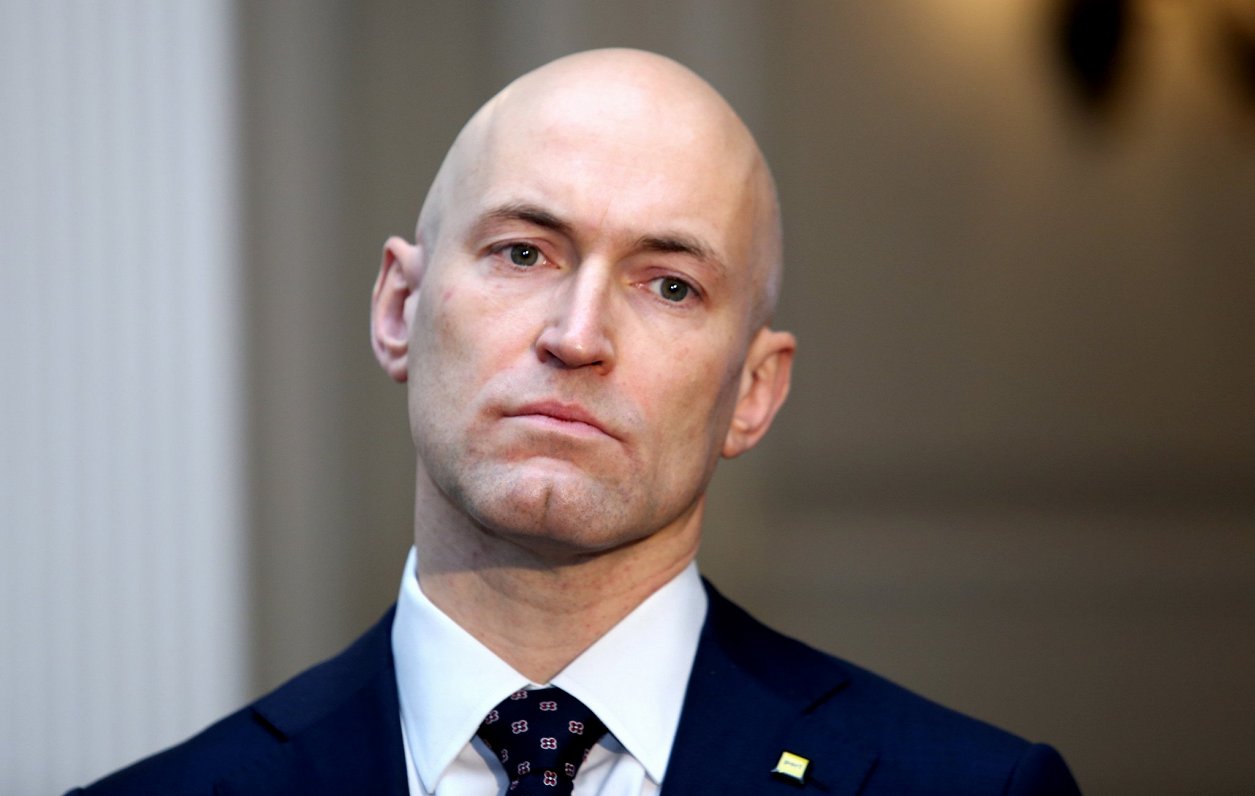The minister said that the doses of vaccines delivered in February would be sufficient to vaccinate medics and to start vaccination in social care centers at the end of February. Pavļuts said that Latvia hopes to receive 730,000 AstraZeneca vaccines in February, which would be sufficient to start the vaccination of seniors.
Pavļuts conceded that vaccination of the rest of the population could be started in April, including primary vaccination of people with chronic diseases and employees of public services, like firefighters or police officers.
When asked about alleged refusal of approximately 800 000 Pfizer vaccines last autumn, of which Prime Minister Krišjānis Kariņš has previously accused former Health Minister Ilze Viņķele, the Minister said that the report of the responsible services would have to be expected. However, Pavļuts said that more Pfizer/BioNTech vaccines should have been accepted. There are currently fewer vaccines in Latvia than in other countries, the Minister acknowledged.
Pavļuts pointed out that the vaccination plan was sufficiently flexible to respond also to announcements by vaccine manufacturers about delays in the supply of vaccines. At the same time, the minister revealed that the new plan was more detailed compared to the previous vaccination plan. Pavluts mentioned that “all possible parties” or all medical resources in Latvia have been involved in order to determine the possible vaccination capacity. The possibility of setting up special vaccination centers is also under consideration, for example by setting them up in outdoor tents or gyms.
Pavļuts said that the aim is to vaccinate at least 70% of the adult population of Latvia by the end of summer. Large loads of vaccines are expected to arrive in the second quarter of the year. It is then planned to vaccinate 100,000 to 150,000 people a week.




























